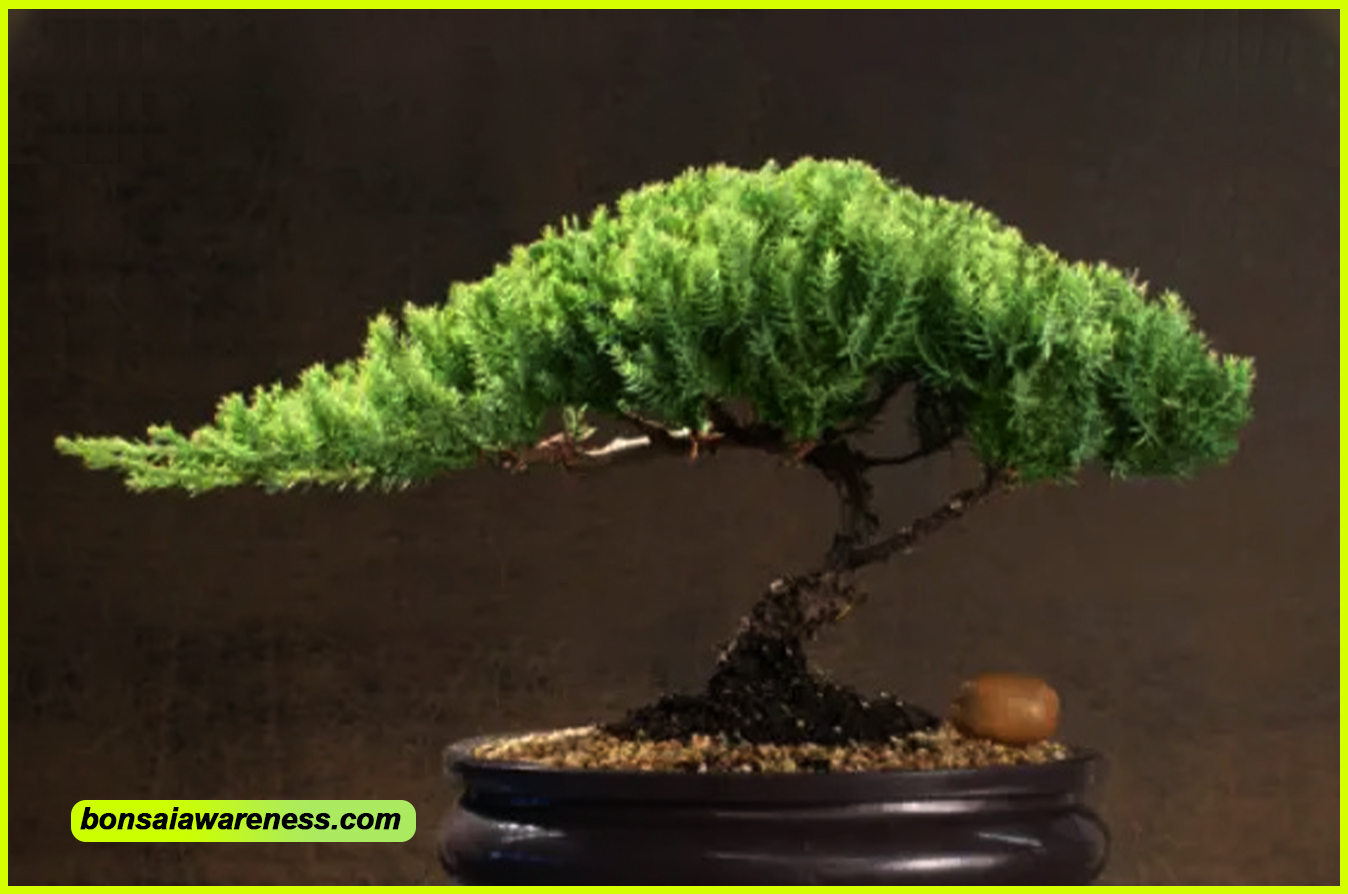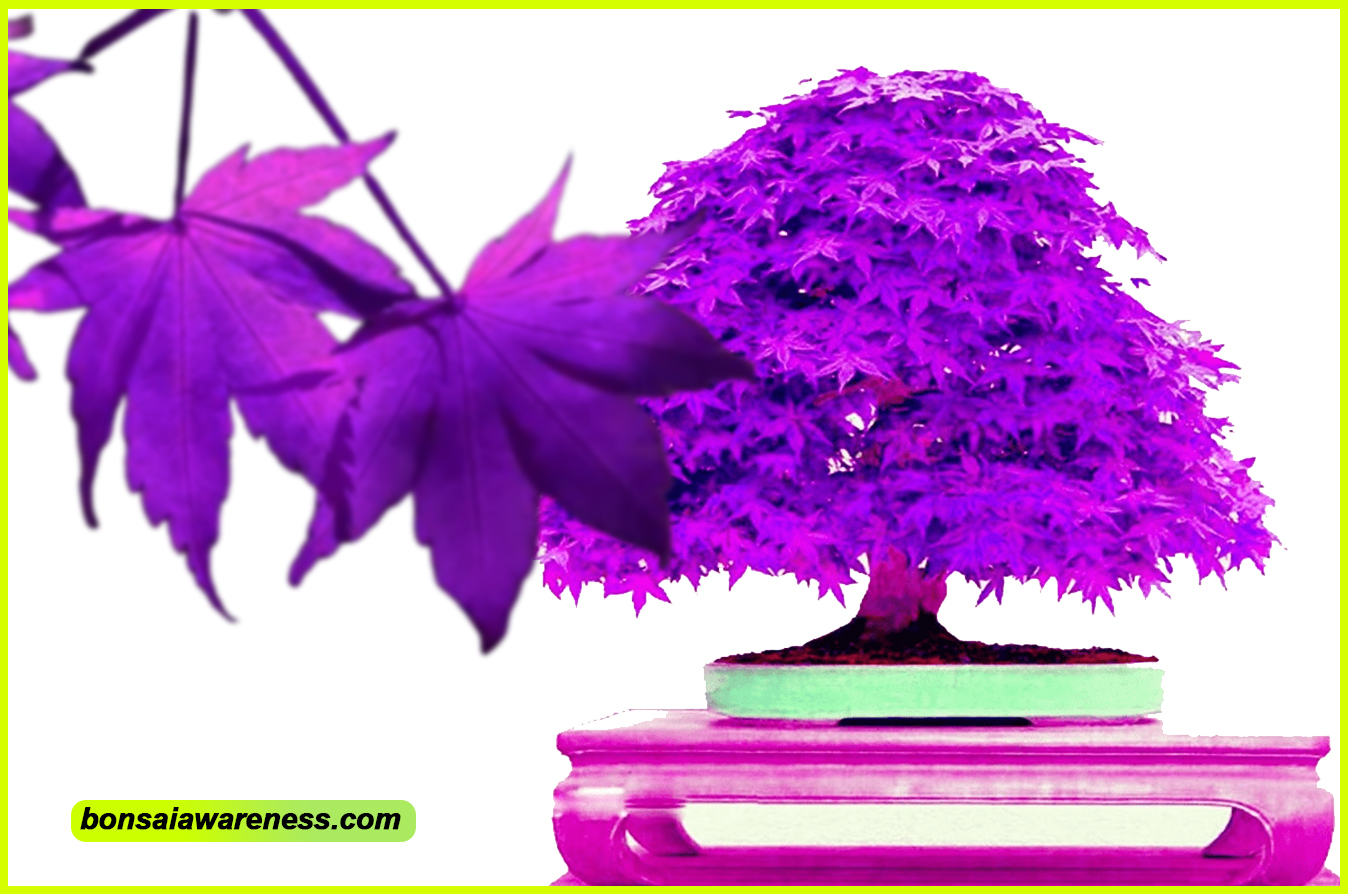Bonsai trees are not poisonous to cats, making them safe to have around feline companions. For cat owners who also have a green thumb, incorporating bonsai trees into their home decor can be an appealing option.
Bonsai trees are miniature versions of full-sized trees, meticulously pruned and cultivated to create a unique and artistic appearance. These small and captivating trees can add a touch of nature and serenity to any indoor space. However, it is essential to consider the safety of our furry friends when introducing new plants into our homes.
In the case of bonsai trees, cat owners can rest assured, as these trees are not poisonous to cats. This means that having a bonsai tree in your home is unlikely to pose a direct threat to your feline friend’s health or well-being.
What Are Bonsai Trees?
Bonsai trees, small and intricately grown plants, have fascinated people all over the world for centuries. Defined as miniature trees grown in containers, Bonsai trees have a rich history that dates back to ancient civilizations. The art of creating Bonsai trees originated in China and later spread to Japan, where it flourished and evolved into the well-known practice we see today. These trees require meticulous care and attention to detail, as they are carefully pruned and trained to take on the desired shape and size. Bonsai trees are not only admired for their aesthetic appeal but also for the sense of calm and tranquility they can bring to any space. However, it is essential to note that certain species of Bonsai trees, such as the jade plant, can be toxic to cats if ingested. Therefore, it is vital for cat owners to be aware of the potential risks and take necessary precautions when keeping Bonsai trees in their homes.
Common Bonsai Trees Varieties
Many Bonsai tree varieties are not toxic to cats, making them safe to have around these curious pets. However, some species can be harmful if ingested, so it’s important to research and choose cat-friendly Bonsai options for your home. Keep your furry friend safe while enjoying the beauty of Bonsai trees.
Bonsai trees are a popular choice for those looking to bring a touch of nature indoors. Among the various bonsai tree varieties, Juniper, Ficus, and Pine bonsai are commonly found.
Juniper bonsai is known for its hardiness and ability to adapt to different environments. Its elegant form and vibrant green foliage make it a favorite among bonsai enthusiasts.
Ficus bonsai, also known as the weeping fig, features glossy leaves and a unique aerial root system. It is a versatile tree and can be shaped in different styles.
Pine bonsai is admired for its graceful, needle-like foliage. It symbolizes endurance and longevity, making it a significant choice in bonsai cultivation.
It’s important to note that while these bonsai trees are aesthetically pleasing and can be a great addition to your home, you should always prioritize the safety of your pets. Ensure that your cats cannot access or ingest any parts of the tree that may be harmful to them.
Are Bonsai Trees Poisonous To Cats?
Bonsai trees can potentially be poisonous to cats. Certain varieties of plants used in bonsai, such as the sago palm or jade plant, are known to contain toxins that can be harmful to cats if ingested. These toxins can cause a range of symptoms in cats, including diarrhea, vomiting, abdominal pain, drooling, and lethargy. If you suspect that your cat has come into contact with or ingested any part of a bonsai tree, it is important to seek immediate veterinary care. The vet will be able to assess the situation and provide the necessary treatment. Prevention is key, so keep bonsai trees out of reach from cats or opt for non-toxic plant varieties if you have feline companions in your household.
Precautions To Keep Cats Safe
Are Bonsai Trees Poisonous to Cats? Keeping your feline friends safe is paramount, especially when it comes to indoor plants. When it comes to the placement of bonsai trees, it is crucial to ensure they are out of reach from curious cats. Cats are known for their agility and fascination with plants. Alternatives to bonsai trees can be considered, such as pet-friendly plants that do not pose a risk to cats. Consulting a vet is always a wise step to take when introducing new plants to your home, as they can provide expert advice on the safety of specific plants for cats. Prioritizing the health and well-being of your furry friends will help create a harmonious environment for both you and your pets.
Frequently Asked Questions On Are Bonsai Trees Poisonous To Cats
Are Bonsai Trees Poisonous To Cats?
No, bonsai trees are not toxic to cats. However, certain fertilizers, insecticides, or pesticides used on the tree could be harmful if ingested. It’s important to keep these products out of reach of your cat and to monitor them when they are around the bonsai tree.
Conclusion
While bonsai trees add a touch of beauty to any living space, it’s crucial to be mindful of their potential dangers to our furry friends. Keeping cats away from these plants can prevent potential health hazards and protect their well-being.
By prioritizing our pets’ safety and seeking cat-safe alternatives for indoor greenery, we can create a harmonious environment for both our bonsai trees and our beloved feline companions.


Leave a Reply